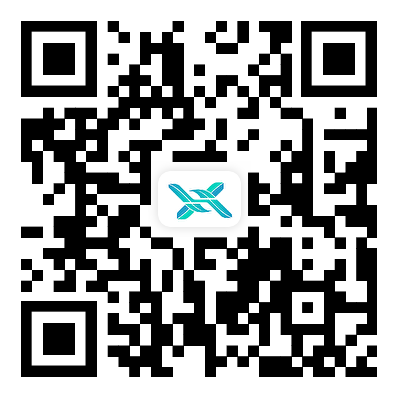
Affinity maturation of antibodies
Constream Biotech focuses on antibody engineering innovation. Leveraging an international phage display technology platform, we provide antibody affinity maturation services to global clients. By constructing high-diversity mutant libraries and combining intelligent screening strategies, we can rapidly optimize antibody affinity and specificity, accelerating breakthroughs in therapeutic antibody, diagnostic reagent, and biopharmaceutical R&D.
Constream Biotech focuses on antibody engineering innovation. Leveraging an international phage display technology platform, we provide antibody affinity maturation services to global clients. By constructing highly diverse mutant libraries and combining intelligent screening strategies, we can rapidly optimize antibody affinity and specificity, accelerating breakthroughs in therapeutic antibody, diagnostic reagent, and biopharmaceutical R&D.
Technical Advantages
Directed evolution: Using error-prone PCR, CDR region site-directed mutagenesis, and other technologies to introduce diversity and enhance antibody binding activity;
High-throughput screening: Based on phage display technology, each round of screening can cover over 10^10 clones, capturing high-affinity candidate molecules;
Functional verification: Integrating SPR (surface plasmon resonance), ELISA, and cell activity analysis to ensure multi-faceted optimization of antibody function.
Service Value
Short cycle: Completion of mutant library construction and high-affinity antibody delivery within 4-8 weeks;
Flexible adaptation: Supports various formats such as scFv, Fab, and nanobodies, covering areas such as tumors and infectious diseases;
One-stop development: Full technical support from affinity maturation to humanization and stability improvement.
Service Content
Antibody affinity maturation using phage display technology is a common method. It includes the following main steps:
Primer design: Randomizing the CDR region of the target antibody using degenerate primers;
Library construction: Library capacity greater than 10 9 , to cover antibody diversity as much as possible;
Biopanning: Selecting solid-phase or liquid-phase screening based on antigen characteristics, and performing 3-4 rounds of screening;
Identification: Screening candidate antibodies through ELISA or flow cytometry, selecting antibodies with high affinity and specific binding ability for sequencing and expression purification
Affinity determination: Using SPR technology for affinity determination
Service Process
Service Items | Specific Content | Time | Results |
Antibody Affinity Maturation Design | Antibody Sequence Analysis Randomized Primer Design | 2-3 days | CDR randomized primers |
Affinity Maturation Library Construction | Primer synthesis Library fragment and vector preparation Ligation and transformation QC | 3-4 weeks | CDR randomized phage library |
Phage Library Screening | ~3-4 rounds of screening Candidate clone identification Affinity ranking Sequencing and sequence analysis | 4-8 weeks | 5-20 candidate clone sequences |
Candidate antibody prokaryotic or eukaryotic expression and purification | Prokaryotic expression (Fab) Eukaryotic expression (full-length antibody) Affinity purification | 2-3 weeks | Purified antibody |
Activity identification of purified antibody | Antigen binding and affinity detection Cell binding and EC50 detection | ~2-3 weeks | Delivery <20 antibody sequences and detection reports |
Documents


